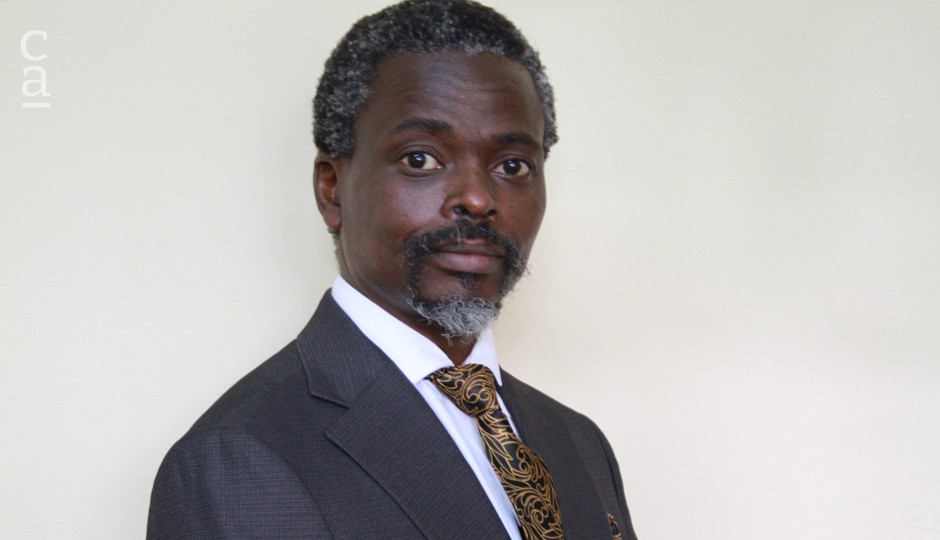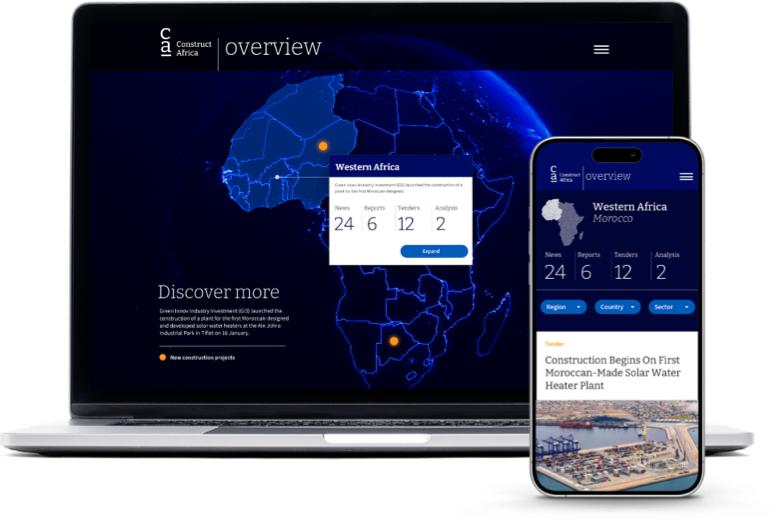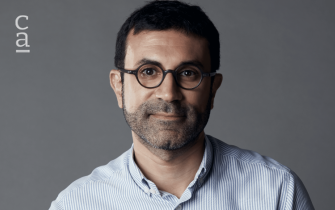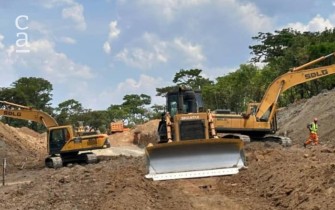Interview: Prof Dr Khumbulani Mpofu, Vice-Chancellor/President, Solusi University
FreeAs long as Africa does not embrace the talent she has, she loses on development, says the academic.

A recent report published by the African Union (AU), UNESCO and UNICEF assessing education in Africa reveals a startling trend.
In terms of learning outcomes, the report says, the evidence available suggests levels of learning are very low and are decreasing rather than increasing. The existing data estimates that four out of five children aged 10 in Africa cannot read and comprehend a simple text.
The report, titled ‘Transforming learning and skills development in Africa’ and launched in early April, is the second report monitoring the AU’s Continental Education Strategy for Africa (CESA) and the UN’s Sustainable Development Goal 4 (SDG 4), which aims to ensure inclusive and equitable quality education and promote lifelong learning opportunities for all individuals.
According to the CESA 2026-35 report, improving educational outcomes is not easy anywhere, but it is especially hard in Africa. A lack of investment in education that is proportional to population growth and the need to improve quality has resulted in significant gaps in provision for children, young people and adults.
“As long as Africa does not embrace the talent she has, she loses on development,” says Professor Dr Khumbulani Mpofu, vice-chancellor/president of Zimbabwe’s Solusi University.
A member of the ConstructAfrica Industry Advisory Board (CIAB), the professor is acutely aware of the educational challenges facing the continent and has been instrumental in fostering industry-driven engagements with academia and driving innovation and sustainable development in Africa's knowledge economy, engineering and education sectors.
According to the continental report, educators, parents and local actors have crucial roles to play in ensuring education systems more effectively consider local realities and needs, something Professor Mpofu is deeply invested in.
“[Solusi University’s] education philosophy prepares learners intellectually, spiritually and practically,” he says. “The intellectual training is knowledge derived from academic material, the spiritual aspect focuses on Biblical values and world view, and the [practical] training focuses on … training for usefulness beyond the white-collar vocation.”
The continental report notes an alarming lack of improvement in the quality of education, saying the average school student in Africa today is about as likely to have a qualified teacher and have access to basic facilities such as water and electricity as their peers from 10 years ago.
The industry, academia and media should join hands and educate the continent together while establishing state-of-the-art infrastructure on campuses, Professor Mpofu says.
A global leader in industrial engineering, with expertise in advanced manufacturing, robotics, mechatronics and artificial intelligence (AI) applications, Professor Mpofu says manufacturing has a key role to play in supporting Africa’s construction industry but is often sidelined.
“All machines in the value chain need to be manufactured, even the transport systems that bring material to a locality,” he says. “Often when the construction conversation happens, the manufacturing value chain is forgotten with its potential to create many better paying jobs.
“Currently, I am delivering a future work game that helps leaders and their teams appreciate evolving technologies [and] how [these] may be holistically used to [enhance] productivity [and identify] future relevant technologies to revolutionise the value [proposition] for construction businesses. Additively printed buildings are a technology that serves as a good example.”
Technologies such as AI, robotics and mechatronics can go a long way in assisting Africa’s construction industry, says the professor, from design to automation of the actual construction process, as seen in 3D printing construction. “As the continent rapidly develops, the only way [to sustainably develop] will be to automate to reduce waste, thus ushering in a new range of career prospects.”
Training and skills for the construction industry need to move forward to embracing technology while maintaining a focus on legacy procedures, Professor Mpofu says. “The future work [game mentioned] above is a typical offering [and] 3D printed buildings are another case in point, [along with] robotics in construction. Of similar importance is the use of blockchain to trace material origins and reliability in cases of premature failure.”
“While teaching, researching and engaging communities, I deliberately endeavour to innovate and industrialise knowledge,” says the professor.
As a case in point, he advocates for the use of crowdsourcing, a method that gathers ideas and insights from a large, distributed group of people, to propel Africa’s development. A conference paper the professor co-authored on the use of crowdsourcing technologies to increase production efficiency in rail manufacturers in South Africa talks about how the method can be used to revitalise such transport systems.
“Crowdsourcing emphasises the aspects of well-defined manufacturing processes and collaboration,” says Professor Mpofu. “With the vast amount of work to be done in the continent, this needs to be an approach that is embraced from the grassroots to the entire continent to move the continent forward fast.”
When asked what African governments today should prioritise in terms of infrastructure development and construction, Professor Mpofu underlines the importance of transport systems for the continent.
“As a transport expert, [I feel undivided attention needs to be paid to] local, regional and continental [transport] inefficiencies [in order] to move the motherland forward. Construction work focused on enabling mobility will activate entire economies, so a strategy that starts here deliberately will have compounding effects rapidly.”
Top photo: Professor Dr Khumbulani Mpofu (Source: Solusi University)
Discover
myConstructAfrica
Your one-stop-shop for information and actionable intelligence on the construction and infrastructure pipeline in African countries
- News, analysis and commentary to keep up-to-date with the construction landscape in Africa.
- Industry Reports providing strategic competitive intelligence on construction markets in African countries for analysts and decision-makers.
- Pipeline Platform tracking construction and infrastructure project opportunities across Africa from conception to completion.
- Access to contact details of developers, contractors, and consultants on construction projects in Africa.
- News and analysis on construction in Africa.
- Industry Reports on construction markets in African countries.
- Pipeline platform tracking construction and infrastructure projects in Africa.
- Access to contact details on construction projects in Africa.




